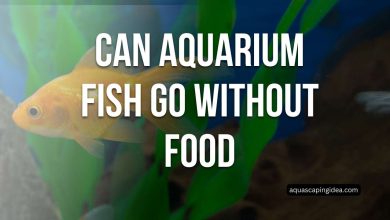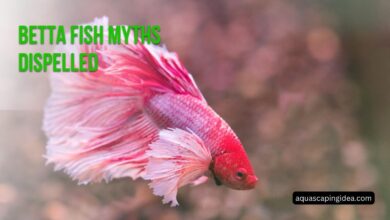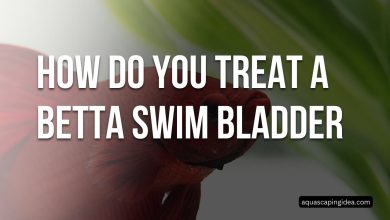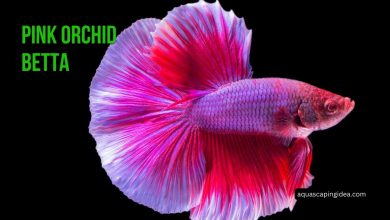Can Aquarium Fish Eat Ants?
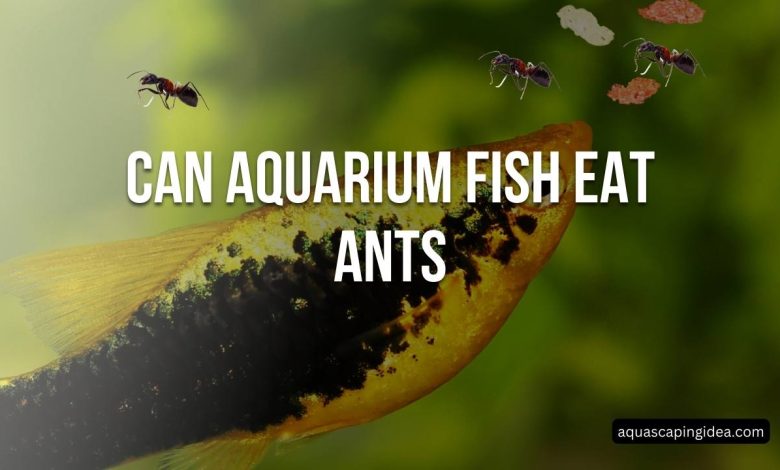
Aquarium enthusiasts are always on the lookout for unique and nutritious food sources for their beloved fish. One question that frequently arises is whether aquarium fish can safely consume ants. While it may seem like an unconventional choice, ants can be a viable food option for certain fish species, provided that they are properly prepared and introduced to the aquarium environment.
We’ll delve into the fascinating world of feeding ants to aquarium fish, exploring the potential benefits, risks, and best practices.
Nutritional Value of Ants for Aquarium Fish
Ants are known to be a rich source of protein, essential amino acids, and various vitamins and minerals. Their high protein content makes them an attractive food source for carnivorous and omnivorous fish species that require a protein-rich diet. Additionally, ants contain valuable fatty acids that can contribute to the overall health and well-being of aquarium fish.
However, it’s important to note that the nutritional composition of ants can vary depending on their species and diet. For example, some ants may contain higher levels of chitin, a fibrous substance that can be difficult for fish to digest. Therefore, it’s crucial to research the specific ant species you intend to feed your fish and ensure they are suitable for consumption.
Types of Aquarium Fish That Can Eat Ants
While not all fish species are well-suited to consuming ants, there are several that can benefit from this unique food source. Some of the fish that are known to accept and thrive on ants include:
- Cichlids: Many cichlid species, such as angelfish, discus, and oscars, are avid insect eaters and will readily accept ants as part of their diet.
- Gouramis: Gouramis, particularly the larger species like the giant gourami, are known to be opportunistic feeders and may appreciate the occasional ant treat.
- Catfish: Certain species of catfish, like the redtail catfish and striped Raphael catfish, are bottom-dwellers that will eagerly consume any ants or ant eggs that fall into the aquarium.
- Bettas: While bettas are typically fed a diet of brine shrimp and pellets, they may also accept ants as a supplementary food source, particularly when breeding.
It’s important to note that while these fish may accept ants, their primary diet should still consist of high-quality commercial fish foods or other appropriate live or frozen foods.
Preparing Ants for Aquarium Fish
Before introducing ants to your aquarium, it’s crucial to take appropriate precautions to ensure the safety of your fish and the aquarium environment. Here are some essential steps to follow:
- Identification: Properly identify the ant species you intend to feed your fish. Avoid using any ants that may have been exposed to pesticides or other harmful chemicals.
- Cleaning: Thoroughly rinse the ants with clean, dechlorinated water to remove any potential contaminants or debris.
- Cooking (optional): Some aquarists prefer to lightly cook or blanch the ants to eliminate any potential parasites or pathogens. However, this step is not strictly necessary if you have obtained the ants from a reputable source.
- Crushing or chopping: Depending on the size of your fish, you may need to crush or chop the ants into smaller pieces to facilitate easier consumption.
Introducing Ants to the Aquarium
Once you have prepared the ants, it’s time to introduce them to your aquarium. Here are some tips to ensure a successful feeding experience:
- Start small: Begin by offering a small quantity of ants to gauge your fish’s interest and monitor their reaction.
- Target feeding: Use a feeding ring or target the ants directly towards the fish you intend to feed to ensure they are consumed by the desired species.
- Monitor closely: Keep a close eye on your fish during and after feeding to ensure they are not exhibiting any signs of distress or digestive issues.
- Maintain water quality: Remove any uneaten ants promptly to prevent water quality degradation and potential ammonia spikes.
Potential Risks and Precautions
While feeding ants to aquarium fish can be a safe and enriching experience, there are certain risks and precautions to consider:
- Pesticide exposure: Ants obtained from the wild or near agricultural areas may have been exposed to pesticides, which can be toxic to fish. Always source ants from a reputable supplier or collect them from pesticide-free areas.
- Parasites and pathogens: Like any live food source, ants may carry parasites or pathogens that could potentially harm your fish. Proper cleaning and preparation can help mitigate this risk.
- Aggression: In some cases, the introduction of ants may trigger aggressive behavior in certain fish species, particularly during breeding or territorial disputes.
- Overconsumption: Avoid overfeeding ants, as this could lead to digestive issues or water quality problems in your aquarium.
Frequently Asked Questions (FAQ):
Can all types of ants be fed to aquarium fish?
No, not all ant species are suitable for feeding aquarium fish. It’s important to research the specific ant species and ensure they are safe for consumption and have not been exposed to pesticides or other harmful chemicals.
How often should I feed ants to my aquarium fish?
Ants should be treated as an occasional treat or supplementary food source, not as a staple diet. The frequency of feeding ants will depend on the specific dietary requirements of your fish species and should be balanced with their regular diet.
Can ants be the sole food source for aquarium fish?
No, ants should not be the sole food source for aquarium fish. A well-rounded and varied diet is essential for maintaining the overall health and well-being of your fish.
Can I feed live ants to my aquarium fish?
While it is possible to feed live ants to some fish species, it’s generally recommended to crush or chop the ants before introducing them to the aquarium. This reduces the risk of potential injuries or aggression from the ants.
Can ants introduce diseases or parasites to my aquarium?
Yes, there is a potential risk of introducing diseases or parasites if the ants are not properly cleaned and prepared before feeding. It’s crucial to source ants from reputable suppliers and follow proper cleaning and preparation methods.
Conclusion
Feeding ants to aquarium fish can be a fascinating and enriching experience, providing a unique and nutritious food source for certain fish species. However, it’s essential to approach this practice with caution, carefully considering the potential risks and taking necessary precautions to ensure the safety of your fish and the aquarium environment. By following the guidelines outlined in this article, you can responsibly incorporate ants into your fish’s diet and provide them with a diverse and interesting feeding experience. Remember, moderation and proper preparation are key to successfully feeding ants to your aquarium fish
